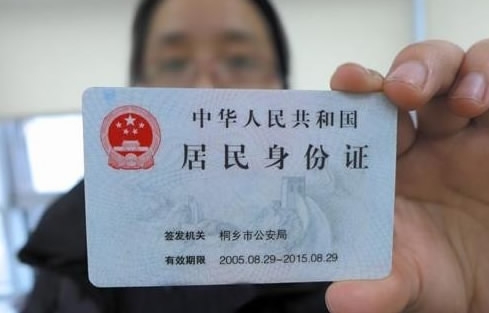
Tech & Sci
17:46, 28-Dec-2017
2017 China Tech Review: Cyberspace highlights
By Fan Yixin

China's Internet development has expanded and deepened throughout 2017. Here is a look back at some of this year's big cyberspace moments.
Artificial Intelligence (AI) on the rise

Baidu will utilize Nvidia's Drive PX platform for its self-driving car initiative, Apollo, announced in April this year. /CGTN Photo
Baidu will utilize Nvidia's Drive PX platform for its self-driving car initiative, Apollo, announced in April this year. /CGTN Photo
China's Internet giant Baidu announced in July that they will work with US technology company Nvidia to develop several AI areas including autopilot technology. As part of a co-signed deal, Baidu will use Nvidia's Drive PX platform in its Apollo self-driving car initiative, which was announced in April this year.
In November, China’s Ministry of Science and Technology identified four domestic tech companies - Baidu, Alibaba, Tencent and iFlyTek - as the "national team" for boosting the country's AI technology development. The four tech giants are expected to help China reach its goal of creating a world-leading domestic AI industry by 2030.
Real-name verification for online commenting

In this file photo, a woman is showing the back of a Chinese identification card. China enforced real-name registration on social media platforms again in 2017. /Xinhua Photo
In this file photo, a woman is showing the back of a Chinese identification card. China enforced real-name registration on social media platforms again in 2017. /Xinhua Photo
Starting Oct. 1, China’s Cyberspace Administration started to enforce real-name registration for online commenting, a move China initially tested in 2011 on social media platforms such as the popular Sina Weibo, which failed to be taken up by the users.
Accused by some of “cracking down on Internet freedom”, China's cyberspace regulator explained that this rule aims to enable authorities and tech companies to “fight the online dissemination of rumors, the spread of illegal information and the use of foul language.”
Now users who want to post comments online have to go through an identity verification process when signing up. Their real identities do not have to be revealed on the social platforms themselves, however.
World’s largest 4G network and goals for the 5G era

China aims to lead the 5G network market. /Reuters Photo
China aims to lead the 5G network market. /Reuters Photo
According to China’s Ministry of Industry and Information Technology (MIIT), China had a total of 950 million 4G network users at the end of September. The country has the world's largest 4G network and is aiming to add 2 million 4G base stations, mainly in townships and villages, by 2018.
China has also completed the second phase of 5G technical tests and will start the third phase of tests next year, as the country aims to get pre-commercial 5G products ready for the next-generation of communication technology, before the standards for which come out in June 2018.
CCS Insight predicts the technology will be in place by 2020 and said in a report that there will be more than one billion 5G users by 2023, with more than half based in China, CNBC reported in October.
"China will dominate 5G thanks to its political ambition to lead technology development, the inexorable rise of local manufacturer Huawei and the breakneck speed at which consumers have upgraded to 4G connections," Marina Koytcheva, VP Forecasting at CCS Insight, told CNBC.
Push for Internet of Things (IoT)

Xinhua Photo
Xinhua Photo
China's IoT market is expected to exceed 1.5 trillion yuan, or 231.4 billion US dollars, in 2020, up from over 900 billion yuan in 2016, according to a forecast in the China 2016-2017 Annual IoT Development Report.
Many tech giants in China are catching up. Search engine Baidu and smartphone maker Xiaomi announced an “in-depth cooperation” in AI and the IoT in November. The duo said they will immediately work on voice recognition, deep learning and computer vision.

SITEMAP
Copyright © 2018 CGTN. Beijing ICP prepared NO.16065310-3
Copyright © 2018 CGTN. Beijing ICP prepared NO.16065310-3